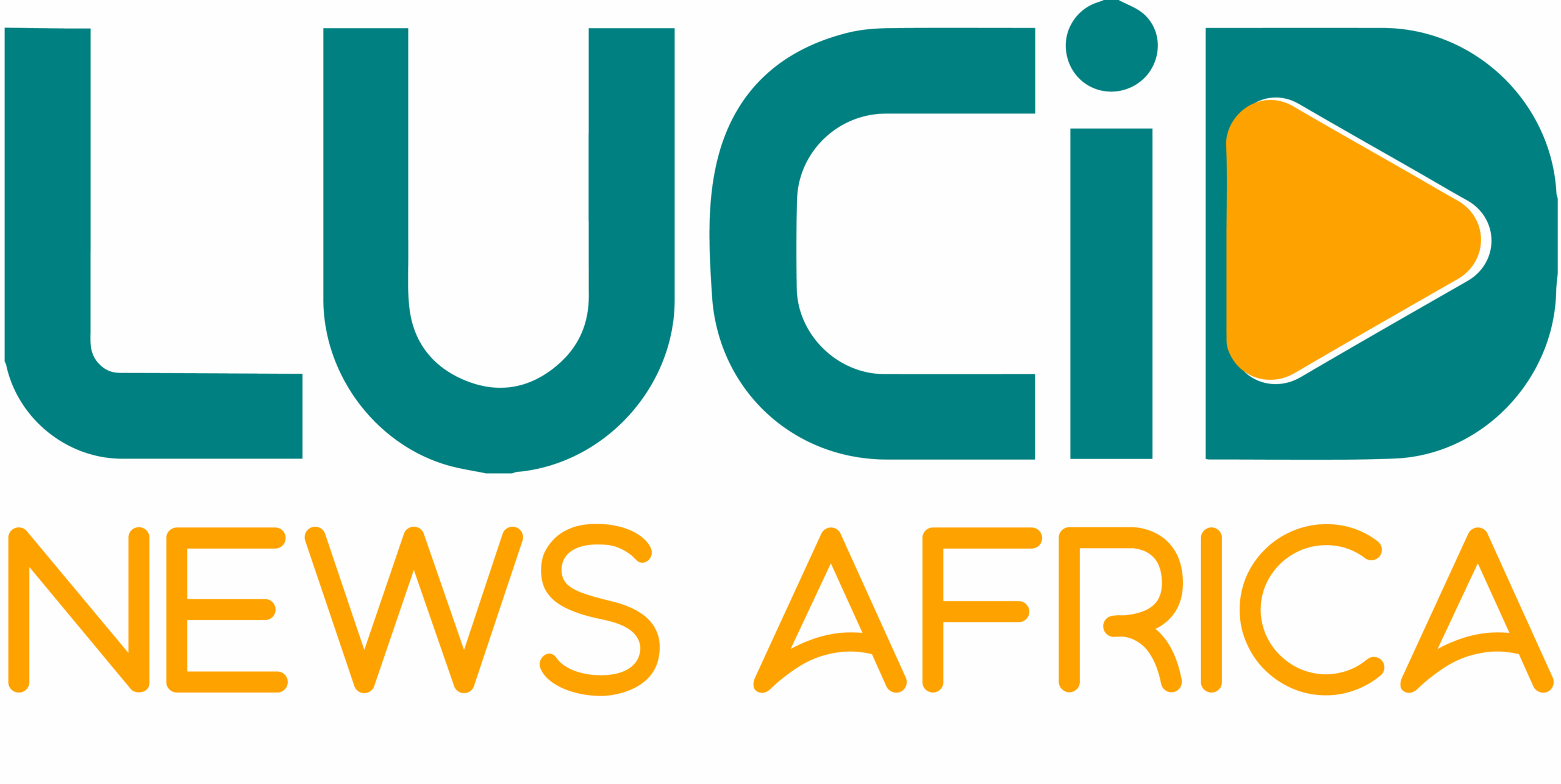Talk to your children about corruption

Photo: Courtesy
In recent days, Uganda like many other countries has been grappling with the persistent issue of corruption among its leaders. The media is inundated with reports of misused public funds, abuse of authority, and the subsequent legal battles that follow. As parents, we often discuss these matters in hushed tones, uncertain of how to explain them to our children. Yet, these are conversations we must have because children are not shielded from these realities. They see the headlines, they hear the discussions, and inevitably, they have questions.
Understanding Corruption
Imagine a situation where your child witnesses a public official once respected and trusted being dragged to court and later imprisoned. They are likely to ask: Why would someone so important behave like that? Isn’t it wrong? These are difficult but necessary questions.
Corruption is not only a legal or political issue; it is a moral and societal disease. It erodes public trust, distorts economies, and undermines the foundations of governance and service delivery. Our children; Uganda’s future leaders need to understand what corruption is, how it manifests, what causes it, and most importantly, its devastating consequences.
Whether it’s the misuse of public funds, acceptance of bribes, or any form of abuse of power even non-monetary forms, corruption takes many shapes. Each one leaves a destructive footprint on our society.
Teaching integrity and accountability
As parents, we have a responsibility to shape our children’s values. We must instill in them a strong sense of integrity, honesty, and accountability from an early age. They should know that holding a position of power whether in government, business, or elsewhere comes with the solemn duty to serve others, not oneself.
Leaders are not entitled to exploit public resources for personal gain. Rather, they are entrusted to manage those resources for the benefit of all. When our children internalize this principle, we are helping to raise a generation that sees leadership as a call to service not self-enrichment.
The real impact of corruption
The consequences of corruption go far beyond courtroom drama or prison sentences. The damage is often personal and permanent: reputations are ruined, trust is broken, and families suffer emotional and financial strain. Institutions lose credibility, and the public becomes disillusioned.
Corruption destabilizes societies. It robs communities of resources meant for education, health, and infrastructure. And when left unchecked, it perpetuates a dangerous cycle of mistrust and hopelessness. Our children must understand this impact if they are to make different choices in the future.
Setting the right example
It is not enough to speak about integrity, we must live it. Children learn far more from what we do than what we say. If we want them to grow up valuing honesty and responsibility, we must model those values in our homes, workplaces, and communities.
Whether it’s being fair in our dealings, refusing bribes, or showing respect for public resources, our actions should reflect the moral standards we expect from our leaders. Let our daily conduct be their first lesson in ethical leadership.
Educating against corruption
Education is one of the most powerful tools in the fight against corruption. Beyond academics, we must teach our children to respect public property, reject bribery in all forms, and uphold justice in their daily lives.
Let them understand that ethical behavior is not about fear of punishment it’s about building a better society. Teach them empathy, stewardship, and social responsibility, and empower them to make decisions that benefit others, not just themselves.
Why all this matters
Our ultimate goal should be to raise a generation of leaders and citizens who reject corruption in all its forms. Leaders who put service above self, who respect the rule of law, and who pursue fairness and justice for all.
By engaging in open, honest conversations about corruption in our homes, we prepare our children to face complex moral choices with courage and wisdom. We help them develop the confidence to say no when faced with unethical behavior.
Addressing corruption with our children is not merely about sharing information, it’s about shaping their moral compass. It’s an investment in a future where Uganda is led by people of integrity, where institutions are respected, and where justice truly serves all.
Let us commit to raising a generation that values truth over gain, and service over status. If we want a better Uganda tomorrow, we must start the change today right in our own homes.
The writer is the Executive Director of Hope Regeneration Africa, a parenting coach, a marriage counselor, and the founder – Men of Purpose Mentorship Program.





Great lessons therein.